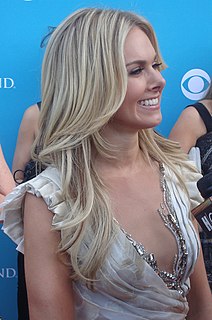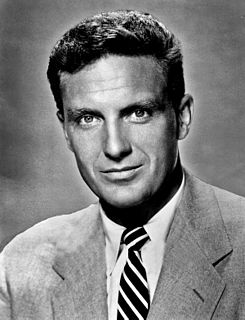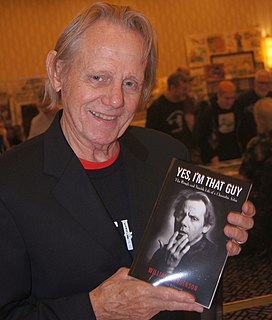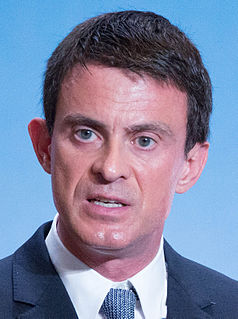A Quote by Barbara Tuchman
Fateful moments tend to evoke grandeur of speech, especially in French.
Related Quotes
Practically all writers and artists are aware of their destiny and see themselves as actors in a fateful drama. With me, nothing is momentous: obscure youth, glorious old age, fateful coincidences - nothing really matters. I have written a number of good sentences. I have kept free of delusions. I know I am going to die soon.
Martin Luther King's 1963 'I have a dream' speech was a thrilling milestone in the civil rights movement, so enduring that we tend to attribute its searing power to a kind of magic. But Gary Younge's meditative retrospection on its significance reminds us of all the micro-moments of transformation behind the scenes--the thought and preparation, vision and revision--whose currency fed that magnificent lightning bolt in history.
Certain movies that are trying to evoke history are just like being in an antique store, and all you notice is that all the stuff has been gathered together, and it feels like a pile of antiques. How can you think that that will evoke the past? It doesn't even have to evoke anything, but anyway, it's how we're living. It's this moment where nobody has to immediately think too much about how things are being documented. It's a great time.
I went to Brown to be a French professor, and I didn't know what I was doing except that I loved French. When I got to Paris and I could speak French, I know how much it helped me to establish relationships with Karl Lagerfeld, with the late Yves St. Laurent. French, it just helps you if you're in fashion. The French people started style.








































